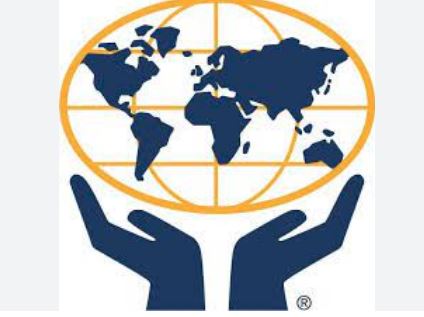USAID/WOCCU Economic Inclusion Project Plays Pivotal Role in Regulatory Change that Benefits Migrants and Refugees in Ecuador

Venezuelan refugees and migrants residing in Ecuador are now equipped with enhanced opportunities to pursue their financial aspirations, thanks to a collaborative initiative spearheaded by Ecuador’s Board of Financial Policy and Regulation (JPRF), Superintendence of Popular and Solidarity Economy (SEPS), and the USAID/World Council of Credit Unions’ (WOCCU) Economic Inclusion Project.
At the “Generating Financial Inclusion – Closing Gaps” event on April 11, jointly presented with the Ecuadorian Integration Network of Credit Unions (Icored), these entities championed the newly revised Basic Account regulations. A gathering of 180 representatives from diverse sectors, including financial institutions, civil society organizations, government bodies, international entities, and academic institutions, convened to learn about the regulatory updates aimed at fostering a more inclusive financial landscape. Notable enhancements include:
Elimination of restrictions on the number of basic accounts individuals can establish and manage.
Enhancement of service channels to improve accessibility.
Expansion of acceptable forms of identification for Venezuelan migrants and refugees seeking to open accounts, now including expired passports from their country of origin.
In addition to outlining the regulatory amendments, organizers unveiled a digital manual detailing the array of identity documents now deemed acceptable for opening basic accounts in Ecuador.
Margarita Hernández, Superintendent of Popular and Solidarity Economy, emphasized, “Financial inclusion transcends mere savings; it encompasses access to a spectrum of financial services and products. We believe these regulatory adjustments will extend such access to more individuals from vulnerable backgrounds.”
The revamped Basic Account regulations represent a pivotal stride towards fostering financial inclusion and leveling the playing field for nearly half a million Venezuelans in Ecuador.
The Economic Inclusion Project underscores the prioritization of socioeconomic integration for migrants, refugees, and local communities, aimed at enhancing living standards for them and their families sustainably. This endeavor bears significant positive implications for societal harmony and economic development across Peru, Ecuador, and the broader Latin American region.
